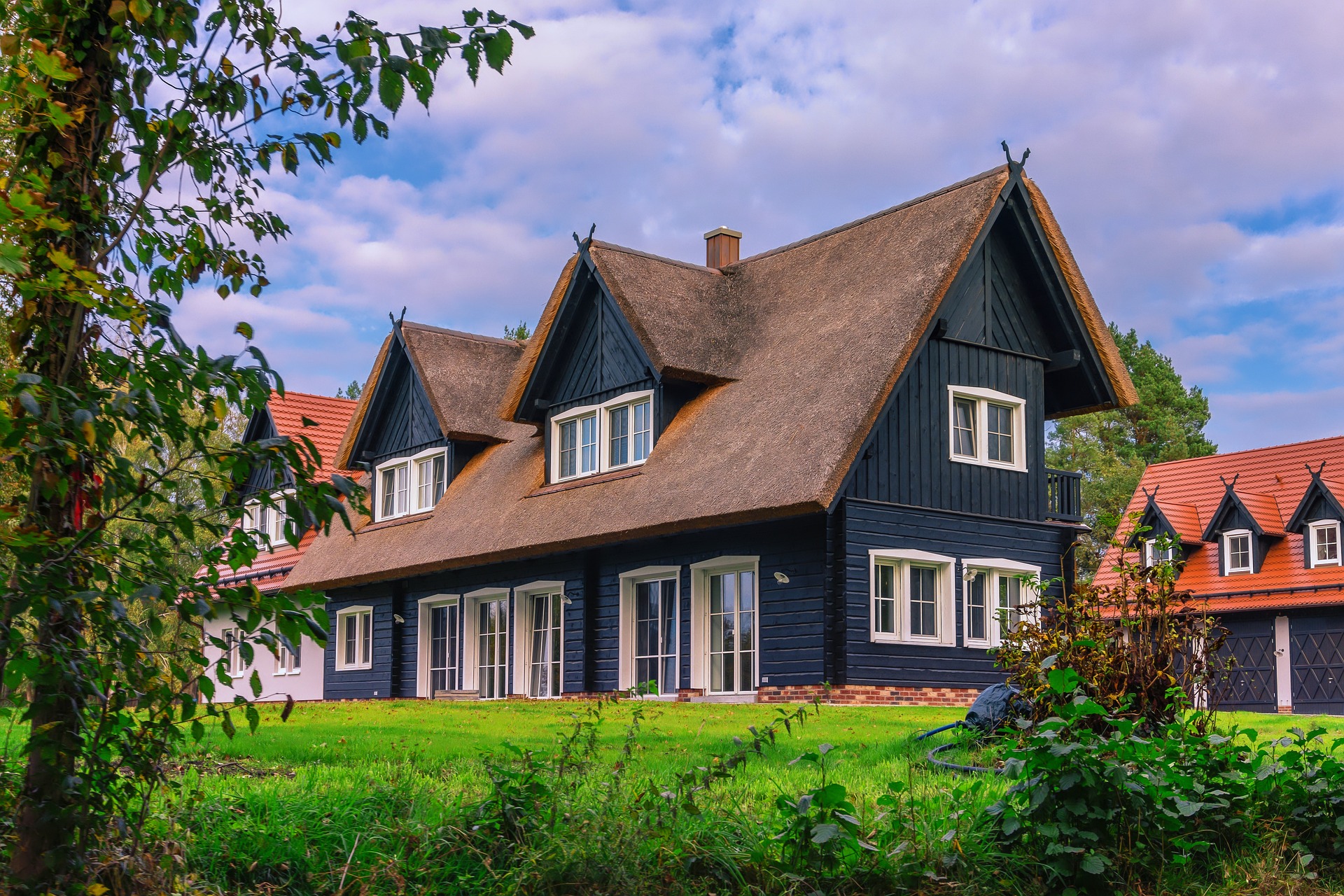Overcoming Challenges in the Historic Home Market: A Comprehensive Guide
As the old saying goes, "They don't build 'em like they used to." This rings particularly true in the world of real estate, where the charm, character, and craftsmanship of historic homes often stand in stark contrast to the homogeneous designs of many modern properties. However, buying, selling, and investing in historic homes can present unique challenges and complexities. This article provides a deep-dive into the historic home market, exploring key trends, financial considerations, and strategies for overcoming common obstacles.

The Allure and Challenges of Historic Homes
Historic homes are cherished for their distinctive architectural styles, enduring quality, and connection to the past. However, owning a piece of history often comes with its own set of challenges. These can include maintenance issues, outdated infrastructure, and navigating stringent preservation regulations. It’s important for potential buyers to be aware of these challenges and to factor them into their purchasing decisions.
Market Trends in Historic Home Real Estate
One unique trend in the historic home market is the increase in demand for homes with authentic, period-specific renovations. Buyers are seeking out properties that retain their historic charm, but also offer modern amenities. This trend has driven up the value of well-maintained and properly renovated historic homes, presenting potential opportunities for savvy investors.
Financial Considerations and Investment Strategies
Investing in historic homes requires a keen understanding of the market and a strategic approach. The initial purchase price of a historic home may be higher than that of a comparable new build, due to the home’s unique features and historical significance. However, the potential financial rewards can be substantial if the home is well-preserved or tastefully updated.
It’s also worth noting that several tax incentives and grant programs exist to help offset the costs associated with maintaining and restoring historic properties. These financial incentives can make investing in the historic home market a profitable venture.
Overcoming Obstacles in the Historic Home Market
Navigating the historic home market can be complex, but there are strategies buyers and investors can use to mitigate risks. Before purchasing a historic home, it’s important to conduct a thorough home inspection to uncover any potential issues.
It’s also crucial to understand local historic preservation regulations, as these can impact the ability to make changes to the property. Working with a real estate professional who specializes in historic properties can provide valuable insights and guidance.
The Impact on Buyers, Sellers, and Investors
While buying a historic home can present unique challenges, the rewards can be significant. For buyers, owning a piece of history can provide a deep sense of fulfillment and pride. For sellers, the rising demand for historic homes with modern updates can result in a higher selling price.
For investors, the historic home market offers unique opportunities for profit, especially in areas with high demand for historic properties. While investment in this market requires careful planning and strategic decision-making, the potential returns can make it a worthwhile venture.
In conclusion, the historic home market is a fascinating blend of past and present, offering opportunities and challenges alike. With the right approach, buyers, sellers, and investors can navigate this market successfully, preserving the past while looking towards the future.




